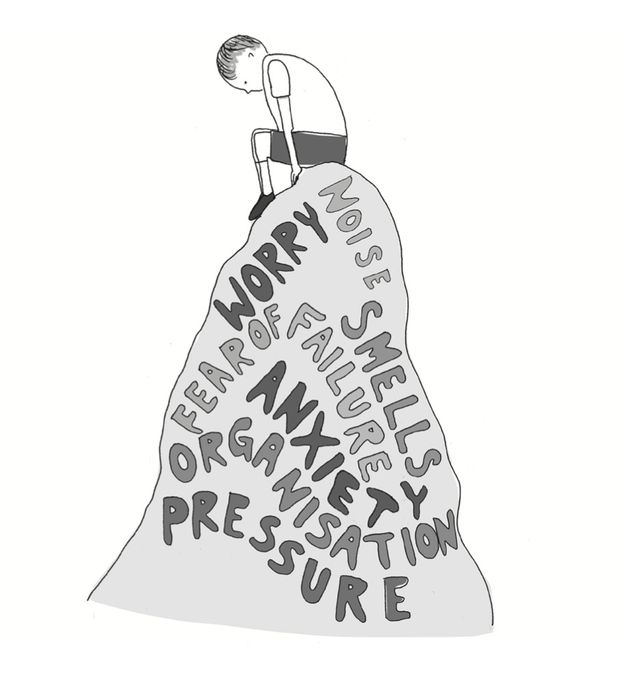


If your child needs something a bit different at school then you may be wondering where to start and what can be done to help. You may have had meetings with the SENCO and begun to introduce some changes. The term SEN or Special Educational Needs covers a wider range of difficulties. It can be hard as a parent to understand what your child is struggling with at school.
About 18% of children in English schools are identified as having SEN at some point in their school career, and about 5% will have an Education, Health and Care Plan (EHCP). This means that 1.6 million pupils in England have been identified as having SEN. These numbers have been increasing each year since 2016. According to the UK government, the most common type of need in England for those with an EHCP is autism, and for those with SEN support without an EHCP it’s speech, language and communication needs.
These courses and webinars discuss working with school, explain how to get help and what you can expect. They also discuss specific issues and what you can do to help your child.
If you need more than school can offer, we also have courses that discuss the EHCP process and how to apply.
In Wales, the term SEN was used but since 2021 they have been transitioning to using the term ‘additional learning needs’ (ALN) instead. In Scotland, the term ‘additional support needs’ (ASN) is used.

(illustration by Eliza Fricker from my book A Different Way to Learn, published by JKP) I was talking to a grandmother last week about schooling. ‘I can see the difference’ she said. ‘When my children were young, primary school was relaxed. If the weather was good, they went outside and ran around. If they were sick, they stayed at home. Now with my grandchildren they are seated in desks for more of the day and if they are ill, they are worried that they’ll lose their 100% attendance for the term. The pressure is on to pass their phonics test when they are six and then to learn their times tables at speed by the time they are nine. They feel it and and their parents feel it too’. There’s lots of talk about SEND (special educational needs and disabilities) at the moment, and how increasing numbers of children are being identified as SEND. It’s less common to ask questions about what SEND really means, and whether the education system creates more children ‘with SEND’ as it becomes more pressured and rigid.